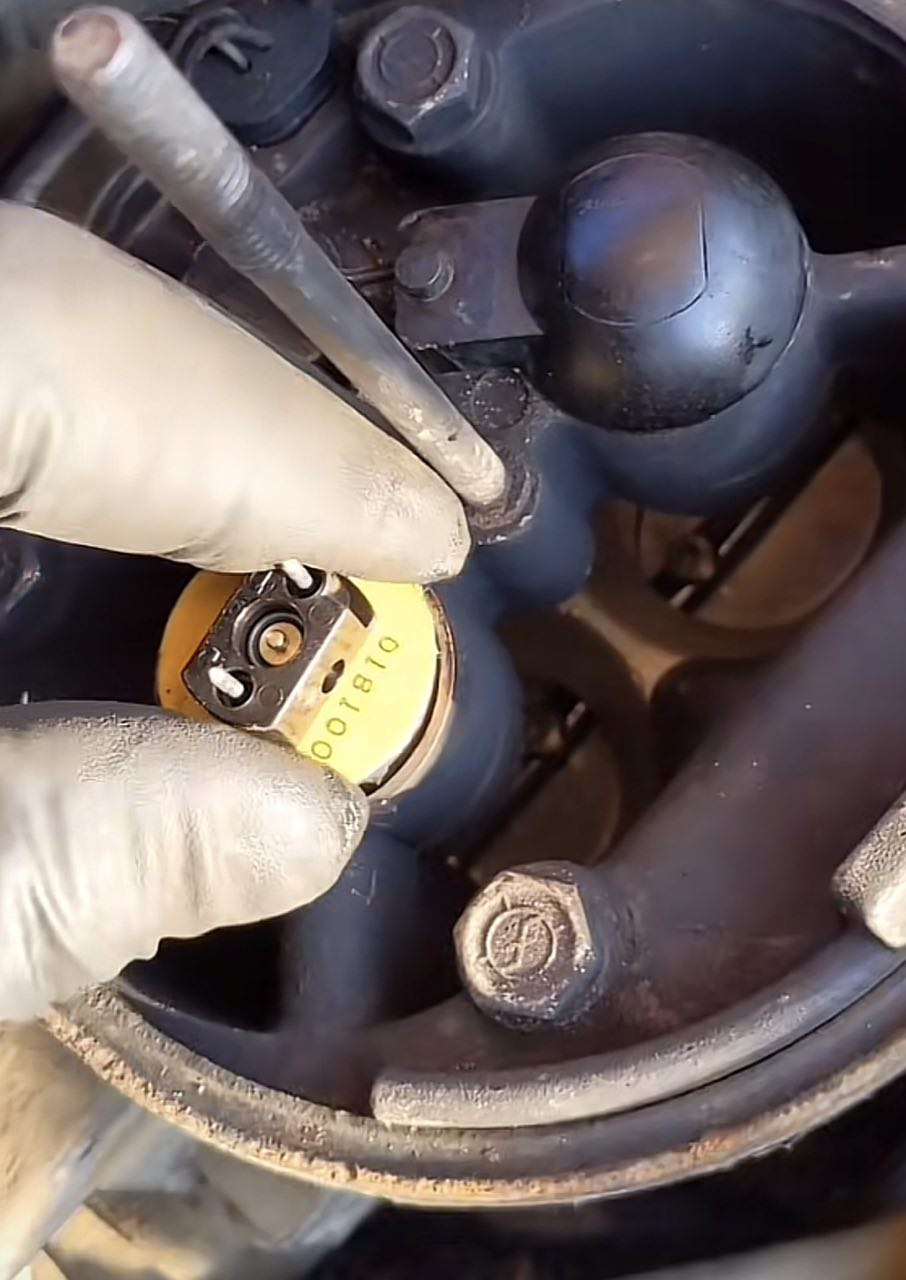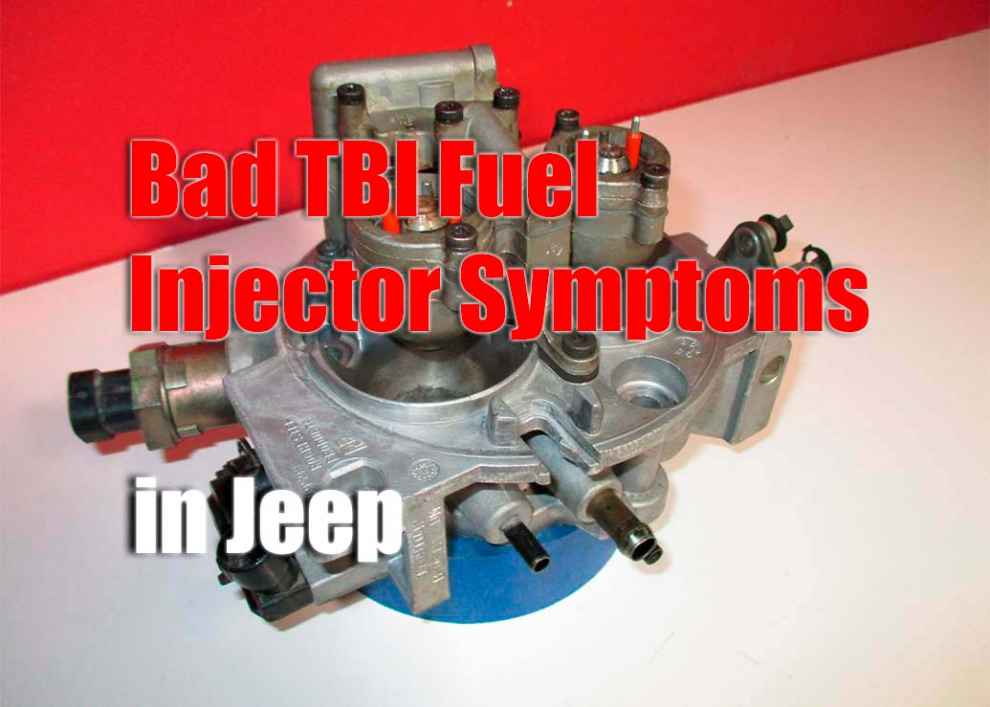The fuel injection system in a Jeep is composed of several components that work together to deliver the right amount of fuel into the engine’s combustion chambers. The most important component of this system is the TBI (Throttle Body Injection) fuel injectors, which are responsible for delivering fuel at a precise rate and time. When one or more TBI injectors are not working correctly, it can cause several problems, such as poor engine performance and increased emissions. It is essential to identify and diagnose any faulty fuel injectors to ensure optimal engine performance and reduce emissions.
Common Symptoms of a Faulty Fuel Injector

- Poor Engine Performance – A faulty injector can cause the engine to run rough and misfire, reducing power and acceleration. It can also cause a decrease in fuel economy and an increase in emissions.
- Engine Hesitation or Stalling – A malfunctioning fuel injector can cause the engine to hesitate or even stall when accelerating or shifting gears. It is often accompanied by loud knocking noises coming from the engine bay.
- Rough Idle – When an injector is not working properly, it can cause the engine to have a rough idle as it struggles to maintain its operating speed.
- Check Engine Light Illuminated – If one or more of your TBI injectors are not working correctly, your vehicle’s check engine light may illuminate on your instrument cluster, indicating an issue with one of the fuel system components that must be diagnosed and fixed immediately.
Diagnosing the Problem
The first step in diagnosing a faulty fuel injector is to inspect all the components of the fuel injection system visually. It includes checking the fuel lines, injectors, and pressure regulator for any signs of leakage or damage. If there are no obvious signs of damage, then it is time to move on to a diagnostic scan of the vehicle’s computer system. Most modern cars have an OBD-II port that allows you to connect and read diagnostic trouble codes indicating a faulty fuel injector. If any codes are present, they should be addressed right away before continuing with diagnosis and repair.
Troubleshooting Bad Fuel Injectors
Once you have identified any faulty fuel injectors, the next step is to troubleshoot and repair them. It usually involves replacing the faulty injector with a new one and cleaning or replacing any other components that may be causing the issue (such as clogged fuel lines or a bad pressure regulator). It is also important to check for any air leaks in the system, which can cause similar symptoms but are much harder to diagnose. If all these steps are completed, and the problem persists, then it may be time to consult a professional mechanic for further assistance.
Conclusion
Bad TBI fuel injectors can cause numerous issues with the fuel injection system in your Jeep, resulting in poor engine performance, increased emissions, and decreased fuel economy. Identifying and diagnosing any faulty injectors as soon as possible is important to ensure optimal engine performance and reduce wear and tear on the components. Once any faulty injectors have been identified, they should be replaced or repaired accordingly before further troubleshooting occurs. You can get your Jeep running at its best again with proper diagnosis and repair of the bad TBI fuel injector symptoms!

Add Comment